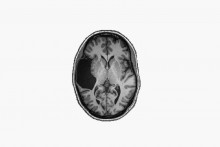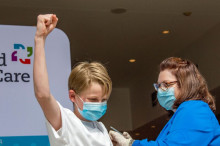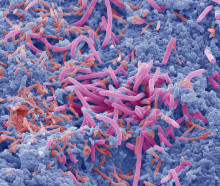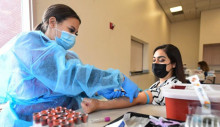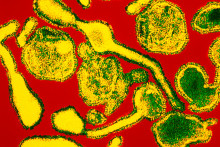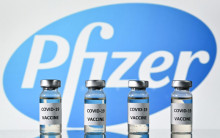For mRNA, Covid Vaccines Are Just the Beginning
Katalin Karikó never intended to make vaccines. For years before the pandemic, the Hungarian-American biochemist had been working to realize the therapeutic potential of mRNA—first trying to create a synthetic version of the messenger molecule that wouldn’t trigger the body’s inflammatory response, and then, once she and colleague Drew Weissman had achieved that goal, trying to get the medical and scientific community to pay attention.















































